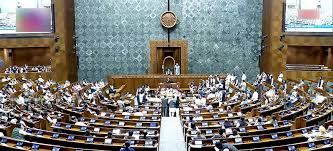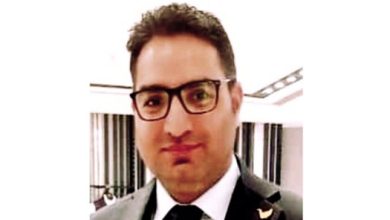BBC report sheds light on challenges faced by IIOJK journalists

Srinagar: After spending over 2,000 days in Indian jail, Asif Sultan, a journalist from Srinagar, occupied Jammu and Kashmir, confronted a chilling reality that sheds light on what critics describe as “repeated cycles of arrest and bail” faced by journalists working in occupied Jammu and Kashmir, according to a fresh report by BBC.
On February 29, Sultan returned home to a brief reunion with his family before being summoned to a local police station, where he was promptly re-arrested.
Sultan’s journey through the judicial system began in 2018 when he was initially detained under the stringent Unlawful Activities Prevention Act (UAPA). The charges, which he vehemently denies, accuse him of aiding and sheltering anti-India activists. His arrest, some believe, stems from an article he penned in 2018 concerning Burhan Wani, a prominent militant commander killed in a 2016 encounter with Indian security forces, according to Indian authorities.
The situation in Kashmir, the BBC report said, a territory contested between India and Pakistan for decades, remains precarious. Sultan’s case sheds light on the challenges faced by journalists working in the volatile area. Since the revocation of IIOJK’s special status in 2019, press freedom has faced severe constraints under Narendra Modi’s Indian government.
The re-arrest of Sultan, amidst ongoing concerns about media freedom, underscores a disturbing trend. Journalists in Kashmir find themselves navigating treacherous waters between government authorities and militant groups. The crackdown on press freedom has intensified, with at least five journalists charged under the UAPA and three detained under the Public Safety Act (PSA) since 2019.
Critics have voiced concerns over what they term “repeated cycles of arrest and bail,” a tactic where individuals granted bail are swiftly re-arrested under new charges. Despite repeated attempts to seek clarification from Kashmiri police officials, the BBC has received no response regarding Sultan’s re-arrest or the broader crackdown on media freedoms.
Sultan’s case exemplifies the challenges faced by journalists striving to report in a volatile environment. His father remains hopeful, despite the prolonged legal battles. “There is always light at the end of the tunnel,” he says, expressing optimism amidst despair.
As Sultan’s legal battle continues, his plight serves as a stark reminder of the uphill battle for press freedom in Kashmir and the relentless pursuit of truth amid adversity.








